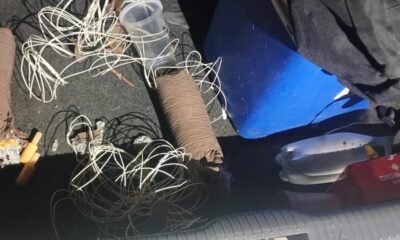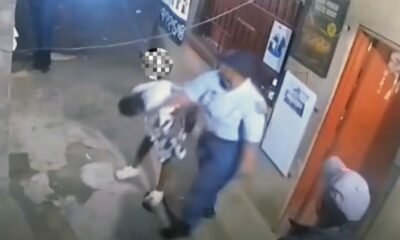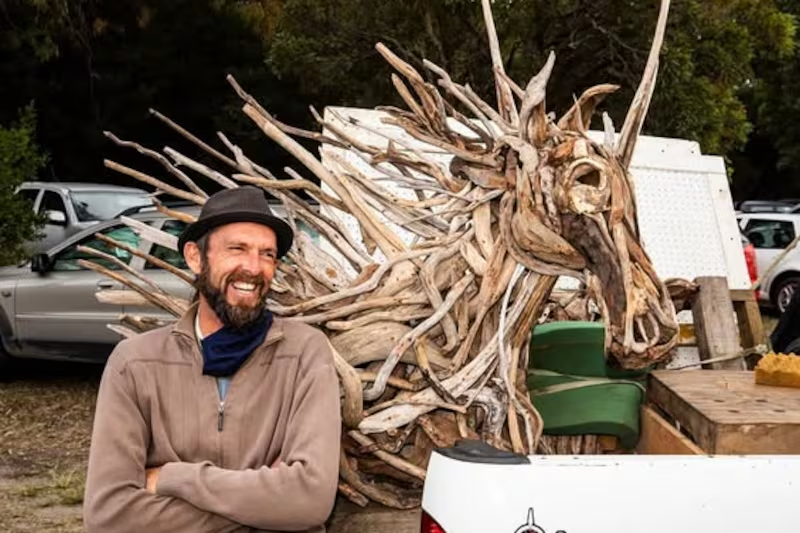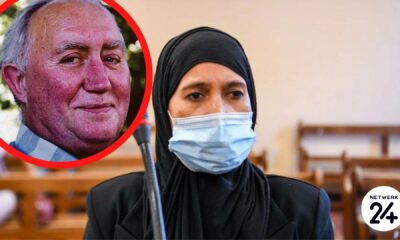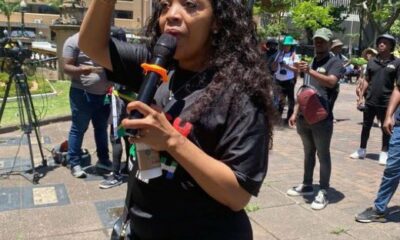The beauty of northern KwaZulu-Natal is a cruel contrast to the fear that defines daily life there. In the shadow of lush landscapes and near the pristine lakes of Kosi Bay, a different reality unfolds after dark. Here, the border is not just a line on a map; it’s a pipeline for violence, and communities from Jozini to Manguzi are living in a state of siege.
Residents speak in hushed, urgent tones about a chilling pattern. Heavily armed gangs, moving with military-like precision, storm homes at night. Families are robbed at gunpoint, and victims are abducted, only to be assaulted and dumped near the Mozambique border. Their vehicles , sedans, SUVs, even government bakkies vanish into the night, smuggled across a porous border.
“We are not safe in our homes, on our roads, or in our businesses. We need help now,” a plea from a Manguzi resident that echoes across the region.
A Web of Violence and a Stolen Economy
This is not random lawlessness. It is the work of sophisticated syndicates believed to operate with local informants who monitor police movements by day, clearing the way for nighttime strikes. The brazenness is staggering. At least 26 state-owned vehicles were hijacked in the region in 2022 alone, creating such fear that public servants, including health workers, are terrified to work in remote areas.
The economic toll is just as devastating. A local tourism manager in the breathtaking Kosi Bay area confides, “This place is breathtakingly beautiful, but tourists are deterred. I personally know several who’ve been hijacked here. It’s heartbreaking.” The very industry that could sustain these communities is being strangled.
Frustration has boiled over into protest. Residents have blocked the Kosi Bay border post with burning tyres, and in a desperate act, locals torched a Mozambican bus, accusing its operators of being complicit in the smuggling trade.
A Glimmer of Hope and a Stalled Wall
In response to the escalating crisis, President Cyril Ramaphosa appointed a special police task team, based in Manguzi, in April 2024. The statistics offered by National Police spokesperson Brigadier Athlenda Mathe are impressive: 130 vehicles recovered, 375 suspects arrested, 26 handguns and four rifles seized, and 99 convictions secured.
“The task team has been doing very well,” Mathe stated, noting that recovered SUVs are often found hidden in trees and bushes along the border.
But these enforcement efforts run parallel to a story of profound failure in physical infrastructure: the Jersey Barrier project. Conceived in 2018, this initiative was meant to be a simple, effective solutiona wall of concrete blocks along an 8km stretch of border to physically prevent vehicle smuggling.
It has become a symbol of something else entirely. The project stalled after a mere 166 meters were installed, despite a staggering R48 million already being paid to contractors. The Special Investigating Unit (SIU) is now probing the R85.7 million tender for alleged irregularities, implicating both government officials and contractors. A project meant to build a wall of security has instead built a monument to corruption.
The Human Cost
Behind the statistics and the failed projects are shattered lives. The 2023 assassination of Juda Mthethwa, a courageous anti-crime activist, sent a wave of fear through the region, a stark warning against speaking out.
More recently, the killing of well-known traditional healer Prof James “Godo” Mthembu at his Manguzi home has deepened the community’s trauma, underscoring the volatile and pervasive nature of the violence.
Some residents, tired of waiting for help, have taken the unimaginable risk of crossing into Mozambique themselves to search for their stolen vehicles.
As KZN Premier Thami Ntuli visits the region, promising action and scrutiny, the people of northern KZN are left waiting. They wait behind locked doors, they wait for the return of their peace, and they wait to see if the promises of a functional government will ever materialize. For them, the border isn’t just a line; it’s a wound, and it’s bleeding their community dry.
{Source: Timeslive}


